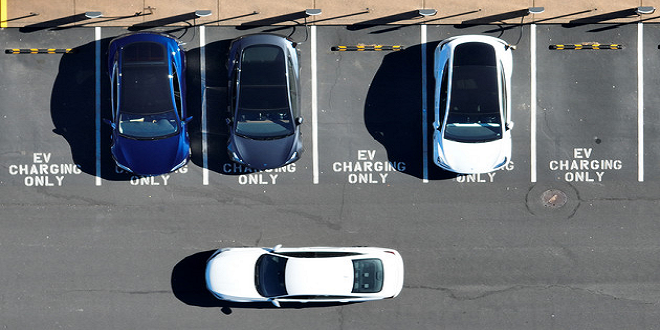When it comes to electric vehicle charging station companies, there’s a lot more to consider than just the hardware. The standards and protocols used in these stations play a crucial role in ensuring interoperability, reliability, and the overall user experience. One of the prominent standards in the EV charging industry is the Open Charge Point Protocol (OCPP). In this article, we’ll delve into the world of EV charging station standards, with a focus on OCPP and other important protocols.
Understanding Charging Station Standards
Charging station standards are essential to ensure that electric vehicle charging infrastructure works seamlessly across different manufacturers and service providers. These standards facilitate communication between the charging station, the electric vehicle, and various backend systems. Here are some key standards and protocols you should know about:
1. Open Charge Point Protocol (OCPP)
OCPP is an open-source, vendor-neutral protocol used for communication between charging stations and central management systems (CMS). It allows charging station operators to monitor and control their charging infrastructure remotely. OCPP has several versions, with OCPP 2.0 being one of the most widely adopted.
2. ISO 15118
ISO 15118 is an international standard that defines the communication between electric vehicles and charging infrastructure. It covers aspects like secure authentication, plug and charge functionality, and the exchange of information between the vehicle and the charging station. ISO 15118 aims to enhance user convenience and security.
3. CHAdeMO
CHAdeMO is a fast-charging protocol primarily used by Japanese automakers. It supports both AC and DC charging and is known for its high-power capabilities. While it’s less common in some regions, it’s still a vital standard for certain electric vehicles.
4. Combined Charging System (CCS)
CCS is a fast-charging standard developed by a consortium of European and American automakers. It combines AC and DC charging into a single connector, making it versatile and widely adopted. CCS is often used for fast-charging electric vehicles in North America and Europe.
The Significance of OCPP
Now, let’s focus on the Open Charge Point Protocol (OCPP) in more detail, as it has a substantial impact on the electric vehicle charging industry.
OCPP Versions
As mentioned earlier, OCPP comes in various versions, with OCPP 2.0 being the most prevalent. Each version brings improvements and enhancements to the protocol, ensuring better security, interoperability, and functionality. OCPP 2.0 supports features like remote start/stop, tariff management, and diagnostics.
Vendor Neutrality
One of the significant advantages of OCPP is its vendor neutrality. It allows charging station operators to choose hardware from different manufacturers while ensuring they can communicate seamlessly with their central management system. This flexibility promotes healthy competition and innovation in the industry.
Remote Management
OCPP enables charging station companies to remotely manage their charging infrastructure. Operators can monitor station status, update firmware, configure charging profiles, and troubleshoot issues without needing physical access to the charging stations. This remote management capability is crucial for efficient operations and maintenance.
Enhancing the User Experience
For electric vehicle owners, OCPP helps enhance the charging experience. Users can access real-time information about available charging stations, pricing, and the status of their charging sessions through mobile apps and websites. This transparency and convenience are key to encouraging more people to adopt electric vehicles.
Electric Charging Station Companies and OCPP
When considering electric charging station companies, it’s essential to evaluate their support for OCPP and other relevant standards. Many leading companies in the industry prioritize OCPP compatibility, ensuring that their charging stations can seamlessly integrate into various networks and systems.
In conclusion, understanding the standards and protocols used in electric vehicle charging stations, such as OCPP, ISO 15118, CHAdeMO, and CCS, is crucial for ensuring a smooth and reliable charging experience. These standards play a pivotal role in interoperability and user convenience, making them a key consideration for both charging station operators and electric vehicle owners. When exploring charging station companies, be sure to inquire about their adherence to these standards to make an informed choice for your charging infrastructure needs.
 Isaiminia World Breaking News & Top Stories
Isaiminia World Breaking News & Top Stories




